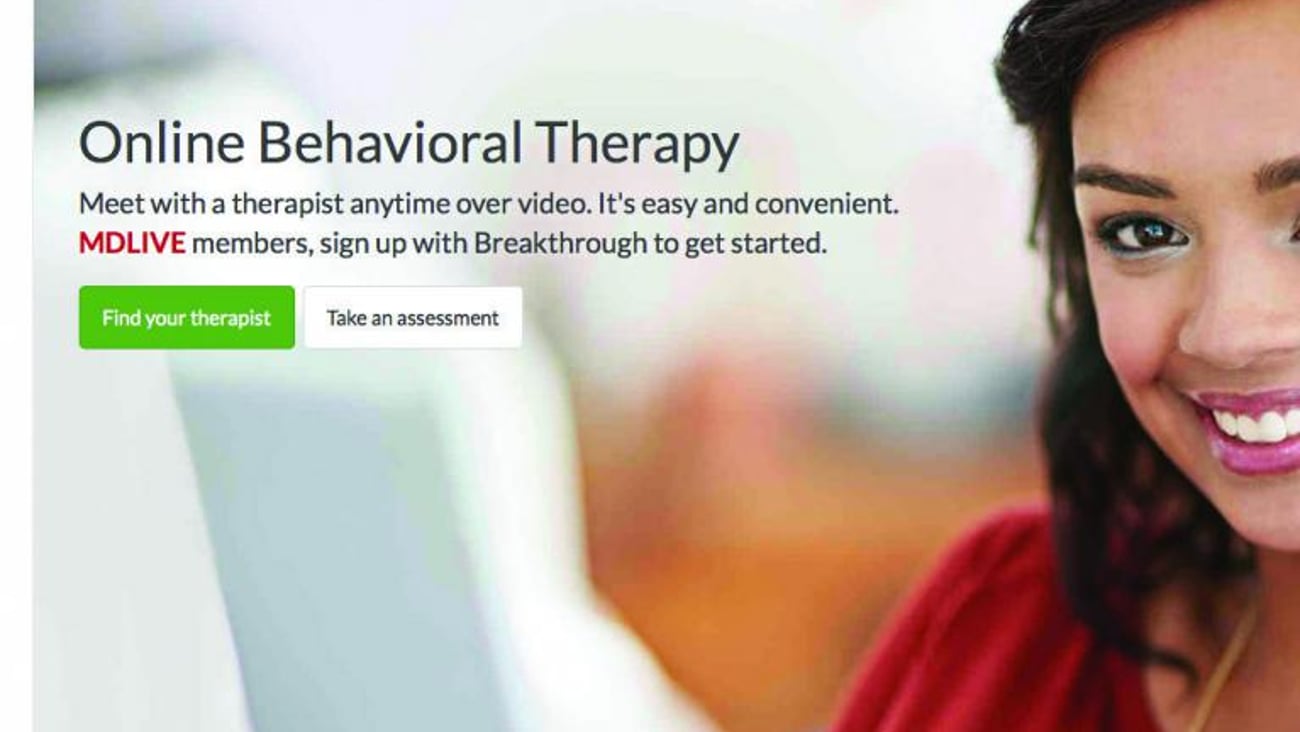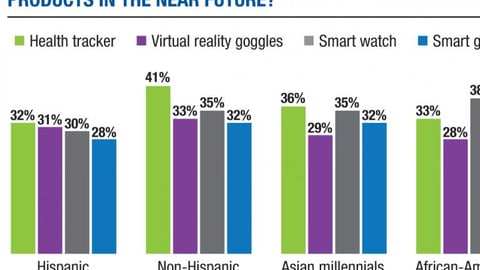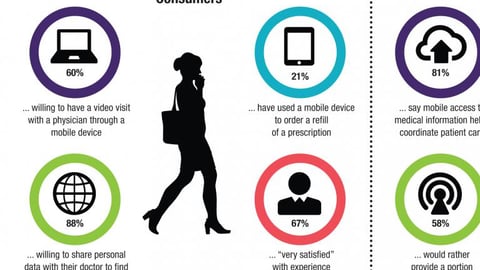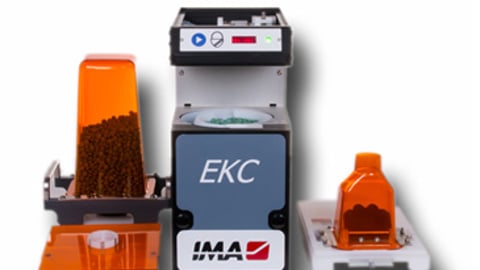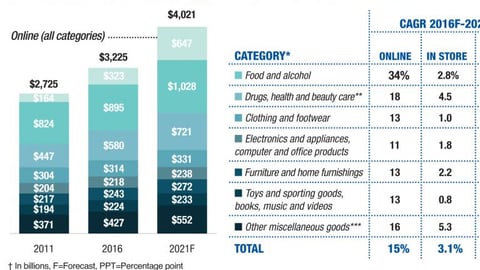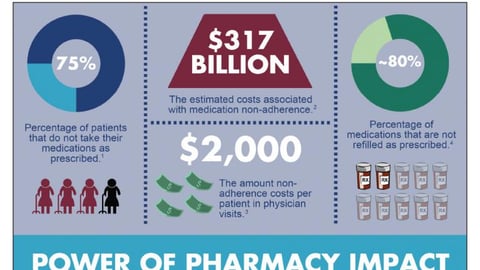-
IBM Watson Health to drive patient-centered care
The one common denominator that will bring into focus all future visions on what retail pharmacy will look like 10 years from now is secure connectivity and big data. Successfully managing health at scale will be predicated on efficient population management algorithms that enable caregivers to successfully intercept patients before a health event occurs.
-
Telehealth moves into behavioral care
As interest in telehealth options increases, so too does the diversification of the services offered through telehealth providers. Both patients and telehealth companies are looking at behavioral health as the next frontier in remote care. In its look at the biggest health industry issues of 2016, PricewaterhouseCooper’s Health Research Institute found that 72% of 18- to 44-year-olds and 43% of those older than 45 years would be willing to use telehealth services to consult with a mental health provider instead of an in-person visit.


